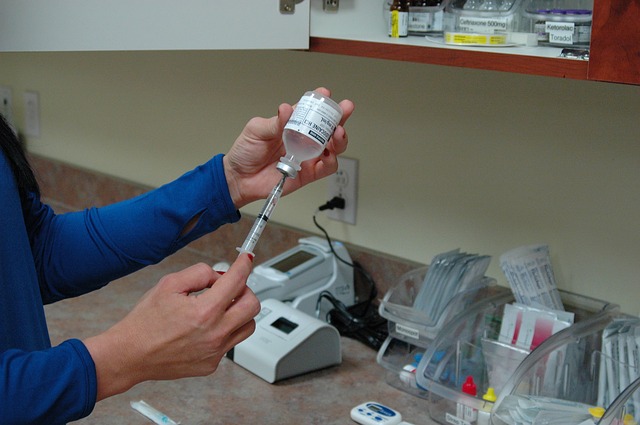The US Food and Drug Administration approved the first clinical trial for an experimental Zika virus vaccine. Inovio Pharmaceuticals of Plymouth Meeting, Pa. and GeneOne Life Sciences Inc. of Seoul, South Korea are the creators of the vaccine, which has a working name of GLS-5700. They have been developing the vaccine with the support of scientists from the US and Canada. The companies said they expect to begin their first human tests in the next few weeks, reports Reuters.
Inovio’s president and CEO, Dr. Joseph Kim, said in a press release,
We are proud to have attained the approval to initiate the first Zika vaccine study in human volunteers.
The vaccine will be tested in 40 healthy subjects to evaluate safety, tolerability and immune response. “We plan to dose our first subjects in the next weeks and expect to report phase I interim results later this year,” Kim said.
It is expected that the first set of results will be available later this year. Assuming that those results are positive further trials will include people that are already infected with the virus. While animal trials have been positive, there is no certainty that the vaccine will be as effective in humans.
The vaccine has been tested in various animal models, and has resulted in what Inovio says have been a robust response from T cells antibodies. This has been a positive demonstration of the vaccine’s potential to prevent infection from the virus in humans.
The vaccine itself has been designed using a new approach to stimulating the immune system. Older vaccines used the entire bacteria or virus as the base; newer vaccines use only a portion of the microbe. This Zika vaccine however uses an artificial DNA sequence that has been inserted into another piece of genetic material called a PLASMID.
The World Health Organization (WHO) declared Zika a global public health threat in February. The virus has been linked to microcephaly, a birth defect in newborns supposedly caused if a pregnant woman is bitten by a Zika-carrying mosquito and is infected with the virus.
GLS-5700 is only one of several vaccines being developed to combat the virus. The National Institute of Health (NIH) should be starting tests of its own vaccine later this year. And, Sanofi SA of France is set to test its own vaccine on humans next year, while India’s Bharat Biotech is also developing a vaccine for the virus.
Making a Zika vaccine is tricky. Zika is a close cousin to the dengue virus – a virus for which scientists have spent many years trying to develop a vaccine. The difficulty lies in the number of strains of dengue (4 strains) which does strange things to the immune system. Initial infection is usually mild but later infections can cause severe and deadly immune system response. Scientists are worried that Zika might exhibit the same characteristics.
For now though, the vaccines in the pipeline are promising, but complete development is many years away from consumer availability. In the meantime, the FDA granted emergency approval for a Zika test manufactured by Hologix; there is no test that has received full FDA approval.
Read more abouvt the Zika virus on Immortal.org
























